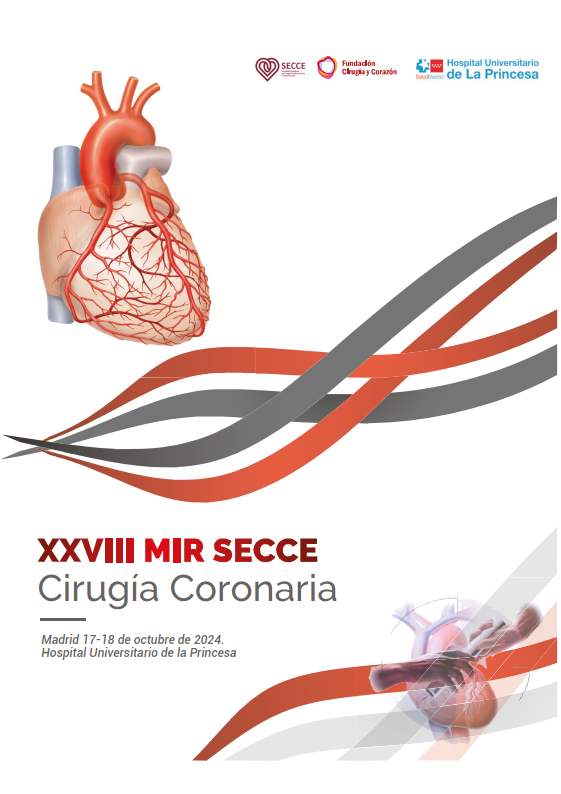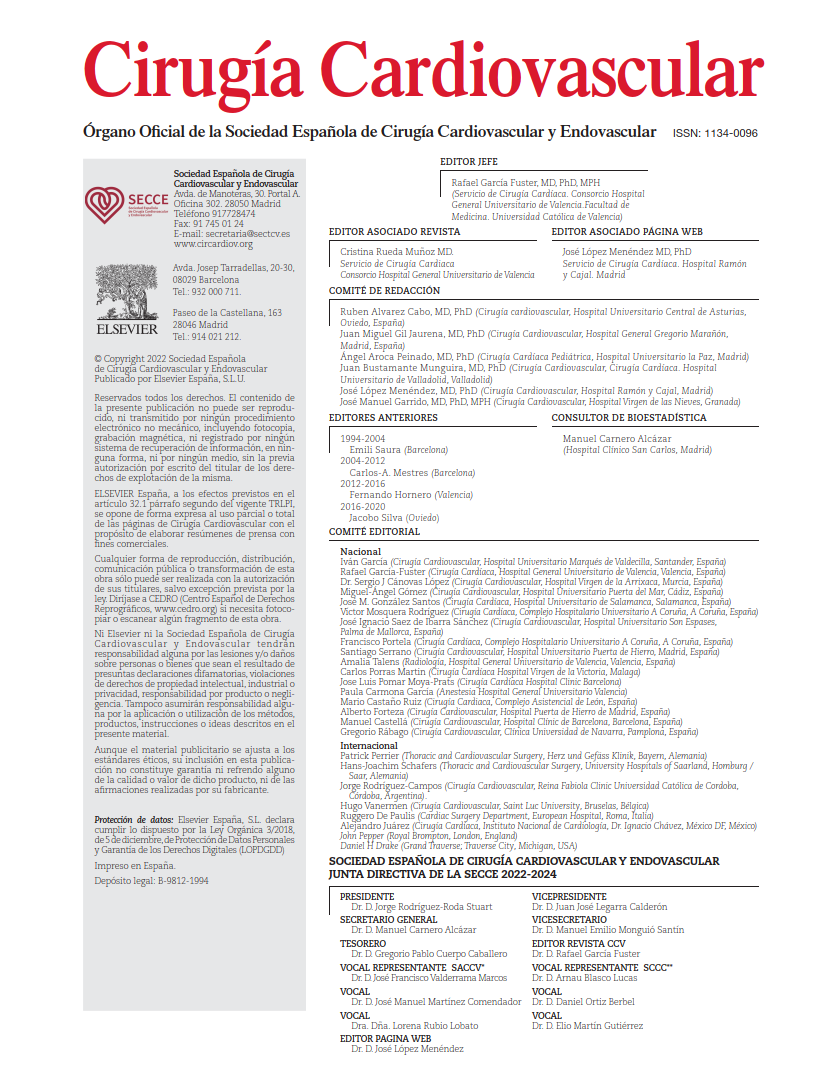The ongoing debate regarding the optimal revascularization strategy for patients with complex coronary disease, such as left main coronary artery disease (LMCAD) or three-vessel disease, persists. Clinical and anatomical factors—including age, diabetes, and anatomical complexity as measured by the SYNTAX score—are key in deciding between percutaneous coronary intervention (PCI) and coronary artery bypass grafting (CABG). However, a patient’s general health, reflecting physical and mental resilience, could significantly impact outcomes for these treatments. Assessing preprocedural physical and mental health enables a comprehensive understanding of the patient’s tolerance to invasive procedures and subsequent treatments, including rehabilitation. Previous studies have shown that physical limitations or mental health decline correlate with poorer outcomes in coronary artery disease (CAD) patients, including those undergoing PCI or CABG. Nevertheless, data describing the effect of preprocedural physical or mental health on long-term outcomes between CABG and PCI remain scarce.
The aim of this SYNTAXES substudy (SYNTAX Extended Survival) was to evaluate the association between patient-reported preprocedural physical and mental health and 10-year all-cause mortality following PCI or CABG in patients with LMCAD or three-vessel disease, assessing the interaction between preprocedural physical and mental health and treatment effects of PCI versus CABG. Patients were stratified by terciles of preprocedural Physical Component Summary (PCS) or Mental Component Summary (MCS) scores derived from the validated 36-Item Short Form Health Survey (SF-36), where higher PCS and MCS scores indicate better physical and mental health, respectively. The primary outcome was 10-year all-cause mortality.
A total of 1656 patients with available SF-36 data were included in this study. Both higher PCS and MCS scores independently associated with lower 10-year mortality (10-point increase in PCS, adjusted hazard ratio [HR] 0.84, p = 0.021; 10-point increase in MCS, HR 0.85, p = 0.005). A significant survival advantage with CABG over PCI was observed in the highest PCS (>45.5) and MCS (>52.3) terciles, with significant treatment-by-subgroup interactions (PCS p-interaction = 0.033; MCS p-interaction = 0.015). Among patients with high PCS (>45.5) and MCS (>52.3), 10-year mortality was significantly greater with PCI than CABG (30.5% vs. 12.2%; HR 2.87, p = 0.001), whereas for those with low PCS (≤45.5) or MCS (≤52.3), there were no significant mortality differences between PCI and CABG at 10 years, leading to a significant treatment-by-subgroup interaction (p-interaction = 0.002).
The authors concluded that, among patients with LMCAD or three-vessel disease, patient-reported preprocedural physical and mental health strongly correlates with long-term mortality and modifies the relative treatment effects of PCI versus CABG. Patients with optimal physical and mental health demonstrated better 10-year survival with CABG compared to PCI. Assessing patient-reported physical and mental health is crucial in selecting the optimal revascularization strategy.
COMMENTARY:
In 2005, the SYNTAX trial was conducted across 17 European and American countries, randomizing 1800 patients with three-vessel or LMCAD to undergo either CABG or PCI using paclitaxel-eluting stents. A subsequent report in 2019 presented 10-year survival outcomes for the majority of these patients (93% for PCI and 95% for CABG). The SYNTAX trial incorporated quality-of-life assessments, both pre- and post-procedure, using the SF-36 Health Survey, enabling the current study.
This study highlighted that CABG’s advantages over PCI were most pronounced in patients with higher physical and mental health scores at baseline, particularly those in the top tercile of each. A notable survival advantage at 10 years was observed in CABG patients with high scores in both domains, with nearly three times the survival rate compared to PCI.
Most remarkably, this survival benefit of CABG in patients with good physical and mental health operates independently of the SYNTAX score, suggesting CABG as the preferred option even when severe three-vessel disease is not present. These findings propose that preprocedural physical and mental health evaluations might serve as a valuable tool in personalizing myocardial revascularization approaches, a consideration previously unexplored at this scale.
Given today’s focus on personalized medicine, it’s striking that this data was not previously accessible despite being available. CABG is known to be an invasive procedure, requiring patient resilience for a successful recovery. Generally, CABG is not recommended for patients with less than five years of life expectancy, due to the delayed survival benefits which become apparent two to three years post-procedure for three-vessel disease cases. CABG’s invasiveness may demand nearly a year for complete recovery.
These findings provide a fresh and practical insight into myocardial revascularization, challenging previous assumptions. It suggests that younger or active patients with multivessel or LMCAD may not benefit most from PCI, as once assumed, since CABG appears more advantageous for those with good health scores. Conversely, CABG should not be considered for patients with low physical or mental health scores, especially when PCI or optimal medical therapy are viable alternatives.
The SYNTAXES study has notable limitations. First, patients in the CABG group received guideline-directed medical therapy less frequently (e.g., over 25% were not on statins). Second, there’s no information on patients who transitioned from PCI to CABG over time, which could have influenced results. Additionally, significant patient attrition occurred during follow-up, representing 7% of the PCI group and 5% of the CABG group, potentially introducing bias. Overall, 13% of SYNTAX patients did not contribute data to the current study, limiting generalizability. Lastly, information on late causes of death or major adverse cardiac events, which could provide further context, is missing.
Technological advances in PCI and CABG may also affect the applicability of these results. Modern PCI technology may offer improved outcomes compared to those available at SYNTAX’s inception, while recent CABG studies report nearly half the adverse events found in early trials like SYNTAX and FREEDOM.
A crucial question raised by this study is whether objective tools to measure physical and mental performance at baseline are needed, or if high-functioning patients who might benefit more from CABG can be identified more simply through clinical assessment.
In summary, this article provides a novel and practical perspective on myocardial revascularization, supporting personalized medicine in coronary surgery. For patients with a good pre-revascularization health status, CABG has strong support, independent of SYNTAX severity. Conversely, PCI or medical therapy options may be preferable for those with deteriorated physical and mental functioning.
Ultimately, this study invites a closer examination of the comprehensive health status of patients when making revascularization decisions, fostering a more personalized approach in treating coronary artery disease.
REFERENCE:
Ono M, Serruys PW, Garg S, Kawashima H, Gao C, Hara H, Lunardi M, Wang R, O’Leary N, et al.; SYNTAX Extended Survival Investigators. Effect of Patient-Reported Preprocedural Physical and Mental Health on 10-Year Mortality After Percutaneous or Surgical Coronary Revascularization. Circulation. 2022 Oct 25;146(17):1268-1280. doi: 10.1161/CIRCULATIONAHA.121.057021.



